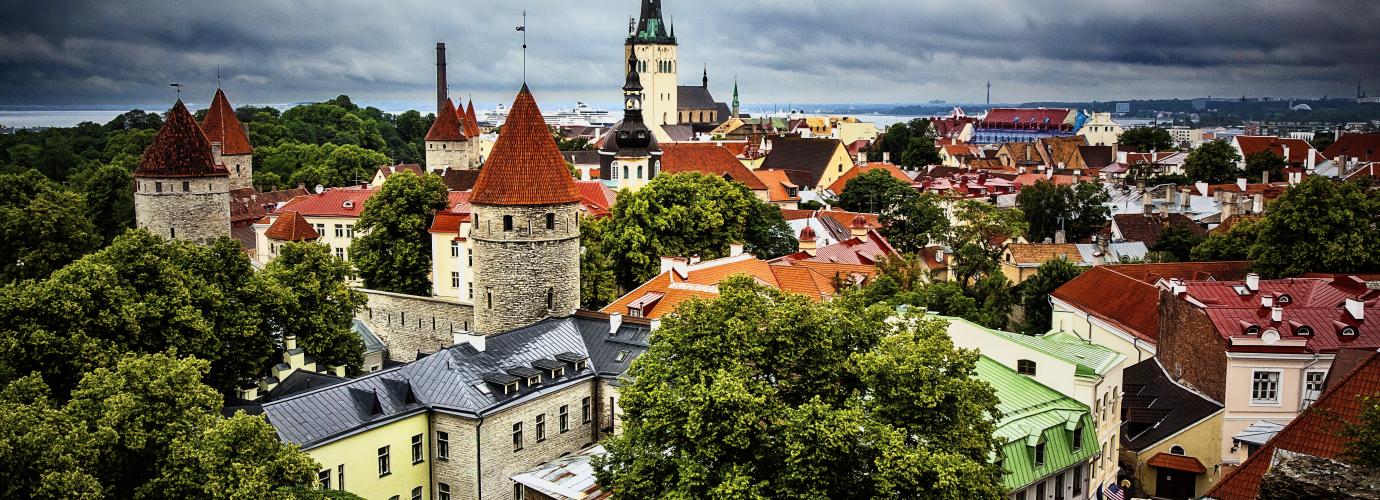According to the Constitution of the Republic of Estonia, universities and research institutions are autonomous within the restrictions prescribed by law.
A university is a research, development, educational and cultural institution where instruction is provided at the three levels of higher education according to professional higher education, Bachelor’s study, Master’s study and Doctoral study curricula in several fields of study.
The task and mission of a university is:
- to advance science and culture;
- to provide science-based higher education and life-long learning;
- to provide society with necessary services that are based on education, research and creative activities;
- to support the development of students into responsible and enterprising citizens;
- to cooperate with other educational institutions and the entire society by supporting the development of society, internationalisation and the continuance of national culture via research, development and creative activities.
An institution of professional higher education is an educational institution which provides professional higher education and which may provide Master’s study and vocational training and where at least two thirds of the students study on the basis of higher education curricula. Vocational schools may, in exceptional cases, also offer professional higher education.
The task of institutions of professional higher education is preparation of motivated specialists with excellent professional skills and work attitudes at the first level of higher education, taking account of the needs of the labour market. Study is characterised by flexibility and practical focus of curricula as well as close cooperation with enterprises, vocational unions and other social partners.
The functions of an institution of professional higher education are:
- to promote lifelong learning corresponding to the needs of the labour market;
- to offer services comprising study and research activities;
- to carry out applied studies;
- to supportthe development of students into responsible and enterprising citizens;
- to cooperate with other educational institutions and the entire society by supporting the development of society, internationalisation and the continuance of national culture via research, development and creative activities.

